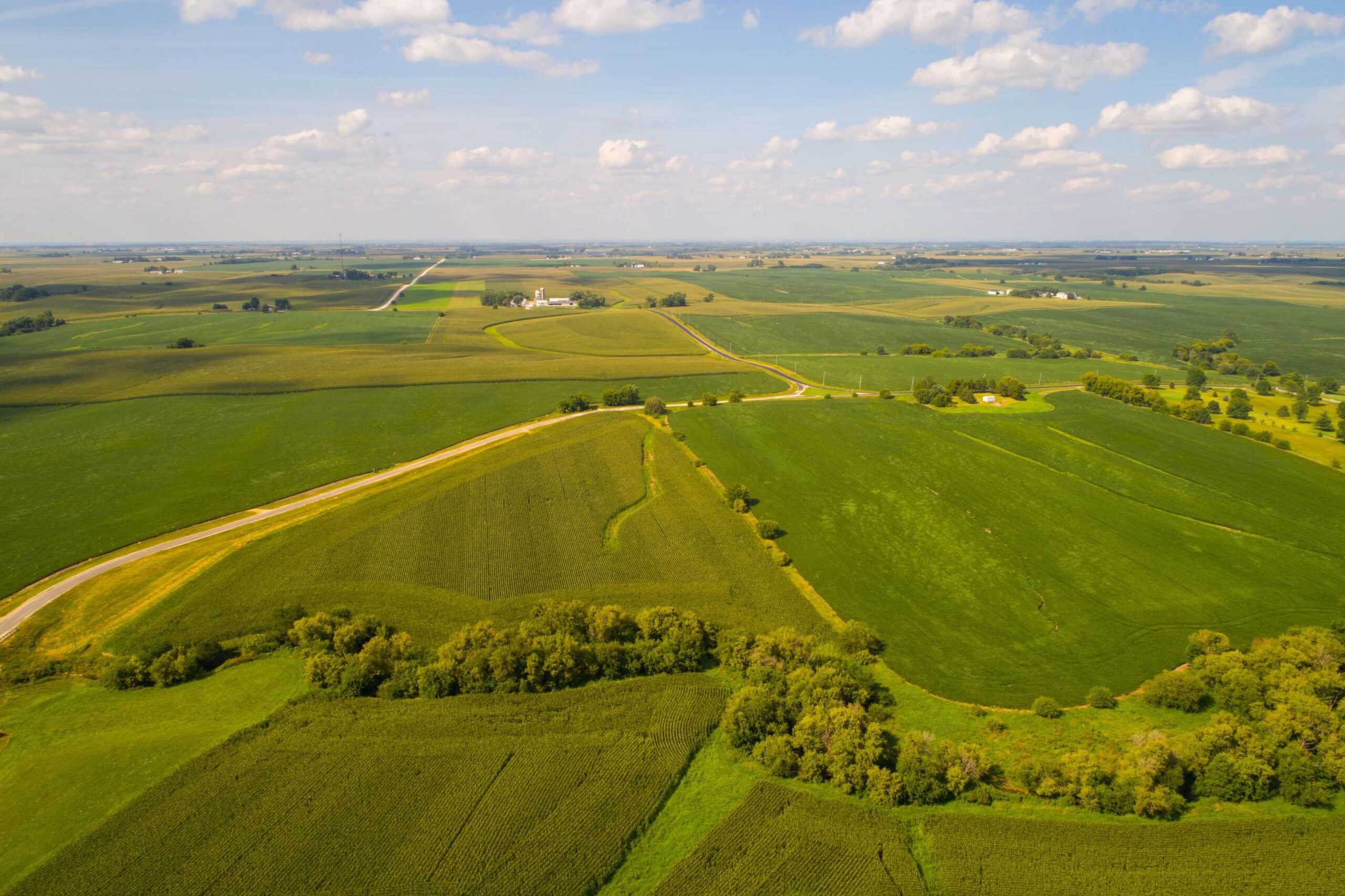Selling your family farm in Iowa brings up a lot of emotions. This land might have been in your family for generations, or perhaps you inherited it and feel overwhelmed about where to start. The good news is that Iowa farmland remains valuable, averaging $11,467 per acre in 2024. Yes, that is down 3.1% from last year, but it is still some of the best agricultural ground in the country.
Here is the thing, though: selling farmland in Iowa is not like selling a house. There are lease agreements to consider, soil ratings that matter, and specific deadlines you absolutely cannot miss. We have seen too many landowners leave money on the table because they did not understand the process. This guide walks you through each step so you can sell your farmland the right way and get every dollar it is worth.
Step 1: Figure Out What Your Land is Worth
Before you do anything else, you need to know what you are sitting on. Do not guess, and do not just go by what your neighbor’s cousin said his farm sold for two counties over. Real farmland value in Iowa depends on hard facts.
The most important number you need to know is your CSR2 score. This measures your soil’s productivity for growing corn, and buyers use it to determine what they will pay. You can look this up yourself on the USDA Web Soil Survey website, but honestly, it is pretty confusing if you have never done it before.
- Check what similar farms in your county sold for in the past year.
- Get your CSR2 rating calculated properly.
- Look at recent sales and see what buyers paid per CSR2 point.
- Consider hiring a farmland appraiser who knows Iowa values.
Step 2: Get Your Property Looking Its Best
Walk your farm like you are a buyer seeing it for the first time. What would you think? Broken gates and junk piles scattered around do not exactly scream “well-maintained property.” You do not need to spend thousands, but a little cleanup goes a long way.
Think about it this way. Buyers are going to drive around your property and form opinions before they even talk numbers. Make sure those opinions are good ones.
- Clean up old equipment, scrap metal, and anything that looks abandoned.
- Fix obvious problems like broken fences or gates that won’t close.
- Make sure buyers can actually get to your fields without getting stuck.
- Mow the areas around buildings and along property lines.
Step 3: Handle Your Tenant Situation Properly
This step trips up more sellers than any other, and it can cost you big time if you mess it up. Most Iowa farmland comes with tenant farmers already working the ground, and Iowa law strongly protects these tenants.
Here is what you absolutely must understand: if you want your farm sold without a lease for next year, you have to notify your tenant by September 1st. Miss that deadline, and they have the legal right to farm your ground for another full year. That could hurt your sale price or scare off buyers who want immediate possession.
The notification has to be sent by certified mail with no exceptions. Even if you have been talking to your tenant about selling, you still need that official written notice. Many family disputes start because someone thought a handshake was enough.
Step 4: Gather All Your Important Documents
Buyers today want to see everything before they make an offer. Start collecting these documents now, because hunting for them later will just slow down your sale. You need your deed, legal description, and tax records at a minimum.
If your farm has been in the family for decades, there might be old easements or restrictions you have forgotten about. Better to find these now than have them pop up during closing. Also gather any soil surveys, yield records, or drainage information you have. Serious buyers want to know exactly what kind of ground they are purchasing.
Step 5: Decide How You Want to Sell
You have got three main options here, and each one works better for different situations. Do not just pick the first one that sounds good. Think about what makes sense for your specific farm and your timeline.
Auctions work great for quality farmland because they get buyers competing against each other in real time. You set a sale date, and it is done. No long negotiations or deals falling through. Traditional listings give you more control and time to consider offers, but they usually take longer to sell. Private sales can work if you already know someone who wants your farm.
Step 6: Find the Right Land Broker
Choosing the right agent might be the biggest decision you make. Not every real estate professional understands farmland. You need someone who knows how CSR2 ratings work, understands drainage systems, and already has connections with buyers who are searching for Iowa farms for sale today.
At High Point Land Company, farmland and ranch sales are part of our daily work. We know which properties are moving and which are staying on the market. Our team tracks Iowa farmland values and has the buyer network to bring your property to serious buyers. Whether it is farmland or Iowa hunting land for sale, we know how to market it the right way. This is not something we are just starting to learn, but we have been doing it for years.
Step 7: Understand Current Market Conditions
The Iowa farmland market is definitely different from what it was a couple of years ago. Prices have cooled off from the crazy highs we saw, but good ground is still selling. The key is understanding what buyers are looking for right now.
Interest rates are higher than they were, which means some buyers are being more selective. But there is still strong demand from farmers looking to expand, investors seeking stable returns, and people doing 1031 exchanges. Timing your sale right and pricing it correctly matter more than ever.
Common Mistakes That Cost You Money
We have watched landowners make these same mistakes over and over. Do not be one of them:
- Pricing is too high because of emotional attachment to the land.
- Forgetting about lease termination deadlines and getting stuck with tenants.
- Not planning for capital gains taxes or 1031 exchange opportunities.
- Choosing an agent who rarely sells farmland.
- Not having soil information and property records organized.
- Assuming all buyers want the same things your family valued about the farm.
Do you want to learn more?
If you’re considering buying, selling, or managing land, reach out to a local High Point Land Company Agent. For more questions, visit our YouTube Knowledge Center.

